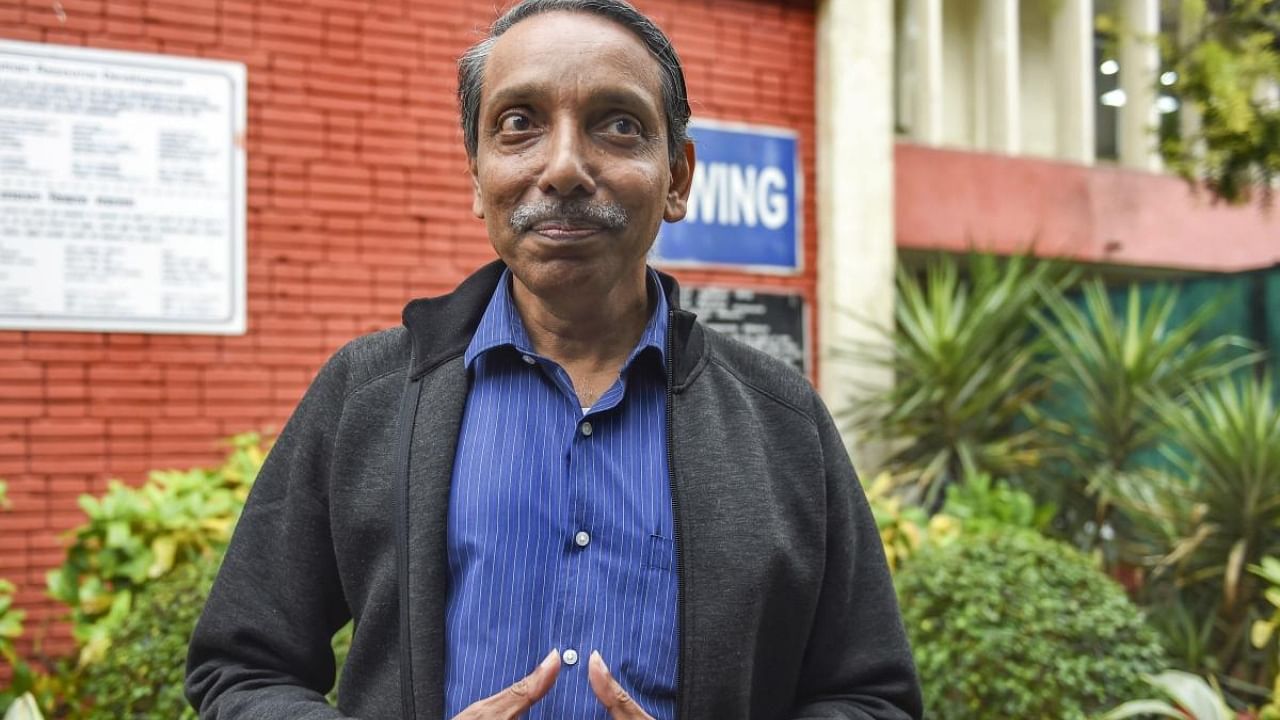
The United States could be the world’s oldest democracy, but the efforts of the University Grants Commission suggest otherwise. The higher education body has asked colleges to conduct lectures on November 26 on account of Constitution Day on the topic “India: The Mother of Democracy” or “Bharat: Loktantra ki Janani”.
As part of these lectures, the UGC has roped in the Indian Council of Historical Research (ICHR) to help draft the themes of lectures — which is to draw from the idea of democracy being prevalent in India from the time of the Vedas. Lectures, the UGC and ICHR suggest, could touch upon topics such as the archaeological evidence of democratic roots in India, or, look at the roots of India’s ‘loktantrik-parampara’ (democratic traditions) in the Rigveda, or study the epigraphical sources of Indian democracy, among other suggested topics.
Other topics include “Existence of Ganarajya in Kalinga During Asoka’s Invasion”, “Harappans- the Pioneering Architect of the Democratic System in the World: Archeological Perspective”, “Governing Principles of Democracy in Ancient Sanskrit Scriptures based on Sruti, Smiti Itihasa and Mahakavya Texts”, “Kingly Democracies of Ancient India: Examining Democratic Trends in Sanskrit Literature”, “The Tradition of Local Self-Government In Ancient And Medieval Tamilnadu”, “Democratic Thoughts and Traditions as Reflected in Arthasastra”, and “Janatantra as perceived through the coins of Gana-Janapadas (BCE 400 – 300 ACE)”.
UGC chairperson M Jagadesh Kumar has written to over 45 central universities as well as 45 deemed-to-be universities asking them to organise special lectures from November 15 to 30, apart from arranging lectures on November 26, which is celebrated as Constitution Day in India; it was on this day in 1949 when the Constituent Assembly chaired by BR Ambedkar adopted the Constitution of India. He said that India is a diverse nation with different religions, languages, and cultures, and all Indians are connected by strong democratic values.
“Democratic systems in Bharat have evolved over the ages since Vedic times; recent archaeological excavation at Rakhigarhi and Sanauli reveal that the roots of people’s self-governance date back to at least 5000 BCE. Whether the existence of two kinds of states – Janapada and Rajya or the two assemblies called Sabha and Samiti forming essential features of the government – all indicate that the ancient form of governance in India was democratic, contrary to the general belief that it was monarchical,” said Kumar. He added that there is more evidence in the form of archaeological, literary, numismatic, and epigraphical sources as well as the bhakti movement to emphasise the loktantrik (democratic) traditions of Bharat.
The ICHR is also bringing out a book on the “Bharat: Loktantra Ki Janani” topic, which will be a compilation of 30 chapters by 30 authors. To encourage the ideas of the planned book, sources said, the UGC plans to have 90 lectures at 90 universities across the country.